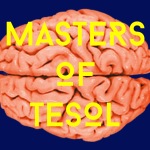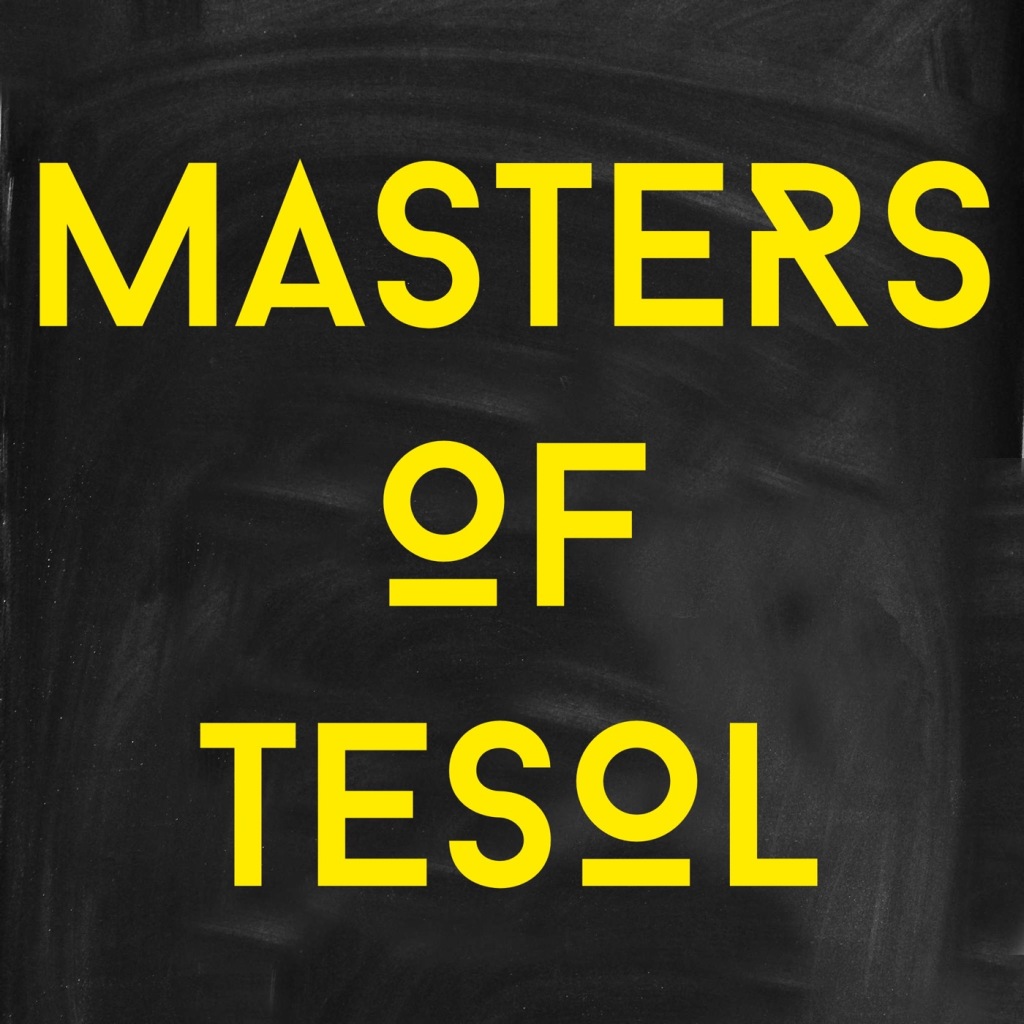ESL
ESL / EFL Lesson Planning 01
In the first of a series of videos, we look at the most effective way to plan a lesson to ensure you stay on target and make sure all the pieces fit together.
These videos will replace the podcast as my primary media, so feel free to subscribe.
https://www.youtube.com/channel/UCKbariMdEytYHdmkpXiILnQ/videos
23 – Should we DE-ACCENT our students? – Sam Hellmuth
THIS IS THE LAST PODCAST (for the foreseeable future).
I’m hardly prolific with podcast releases but this will be the last one for the foreseeable future. I’ve decided to concentrate more on the YouTube side of things.
YouTube Channel – www.youtube.com/channel/UCKbariMdEytYHdmkpXiILnQ
The channel will have materials, concept videos and general useful teaching stuff! Please do all the usual YouTube stuff so I can be more visible on the site and you know when new videos are released (plus, it’s a digital pat on the head for me).
With Sam Hellmuth of York University, England, we think about these questions:
- With language acquisition, which comes first – production or perception?
- Why do your students sound angry when they aren’t?
- How much does accent affect comprehension?
- Can we learn to ‘de-accent’?
- Should we bother teaching English stress patterns?
Sam smoothly mixes theory and practical tips with some excellent real-world examples. Something for everyone.
We make a few references to the Lingua Franca Core, which is a topic that was covered way back in episode 4. If you need a refresher, you can find it here – https://mastersoftesol.wordpress.com/2015/02/13/04-questioning-the-native-english-norm-jennifer-jenkins/
Sam Hellmuth York University Bio – www.york.ac.uk/language/people/academic-research/sam-hellmuth/
Sam Hellmuth Twitter – twitter.com/samhellmuth?lang=en
Sam Hellmuth Site – samhellmuth.com
Masters of TESOL website – https://mastersoftesol.wordpress.com/
Masters of TESOL – @MOTcast
22 – Online Learning Past and Future – Stafford Lumsden
{bleep bloop bleep} I booted up cyborg teacher Stafford Lumsden to talk about online learning and the changing perception of what exactly a classroom is. We are more connected than ever and this shift in technology is changing the options that students have and how we teach. We discuss….
- distance learning
- e-learning vs online learning
- Is online education as ‘good’ as offline?
- Basics of having a repository
- LMS – Learning Management System – create assignments, give feedback, students upload and interact with each other and the instructor
- The pros and cons of a fully online classroom
- No one-size-fits-all with online teaching
Useful resources:
Google – heard of it? add dot com. It’s quite good.
Google Sites – make your own web pages
classroom.google.com – education specific ‘classrooms’. Students can submit and track assignments. Teachers can receive and give feedback on assignments all within the Google eco-system.
wix.com – make your own web pages
moodle.org – open source LMS. Requires some computer savvy to use
Blackboard.com – pricy. Would require financial support from your department
Involving Every Student – Classroom hacks
An easy way to make sure that every student contributes to class. This video shows an easy way to mentally track who has spoken in class. Basic, but useful!
Activities for Teaching English Pronunciation – more than Listen and Repeat
Includes thrilling details on the two different parts of pronunciation, and activities like minimal pairs bingo, the need for volume in pronunciation / mouth vowel map, using textbook dialogues better / changing the mood not the words (my personal favourite), stress and meaning activity, and 2 truths 1 lie with intonation!
Recorded at my KOTESOL presentation in 2018, I give some ideas for activities to teach English pronunciation.
Students’ Thinking Skills – Bloom’s Taxonomy – a simple explanation
Language is more than just memorising vocab and comprehension questions. Students need a range of thinking skills. This video helps with the WHAT, HOW, and WHY of doing more with our activities.
21.5 – Thinking Skills – VIDEO!
I am branching out into video.
Please watch, subscribe, like and all those things that everyone on YouTube is begging you to do! This is the first step of an expansion of MOT with the aim of eventually making materials for you to use in your own classes.
Please smash “subscribe”, pummel “like” and all that other YouTube stuff.
First Video – https://youtu.be/FWE2JPBf-PI
Channel – http://www.youtube.com/channel/UCKbariMdEytYHdmkpXiILnQ/
Keywords: Bloom, Thinking Skills, Bloom’s Taxonomy, ESL, EFL, TESOL, TEFL, CELTA, DELTA, linguistics, language, second language, teaching, learning, English, bilingual, multilingual, cognition,
20 – using TED talks (and other videos) in ESL EFL class – Roger Fusselman

I caught up with Roger Fusselman after his KOTESOL conference presentation on using TED talks and videos in general for language teaching. This is a MUST listen for anyone using visual media in the classroom.
We cover the DOs and DON’Ts of choosing videos as well as his principles of using media:
Challenge / Meaningful / Support / Choice / Integration (connecting ideas) / Variety / Application
Video Sites referenced:
http://www.ideacity.ca/watch-talks/
Specific videos referenced:
19 – Reflective Practice – Thomas Farrell
The self-styled ‘bad boy’ of language teaching, Thomas Farrell, dropped by my office to take about self reflection. What do we do in the classroom and, importantly, WHY do we do it? Who are YOU as a teacher and what do YOU bring into the classroom?
Start adding this reflective practice regularly to your professional life and you’ll be surprised at the difference it can make to your personal and professional development.
Also a good lesson about having a safety net. I recorded this with my fancy MICs but the recordings failed for some reason, so this is based on my phone back-up recording. Phew….



